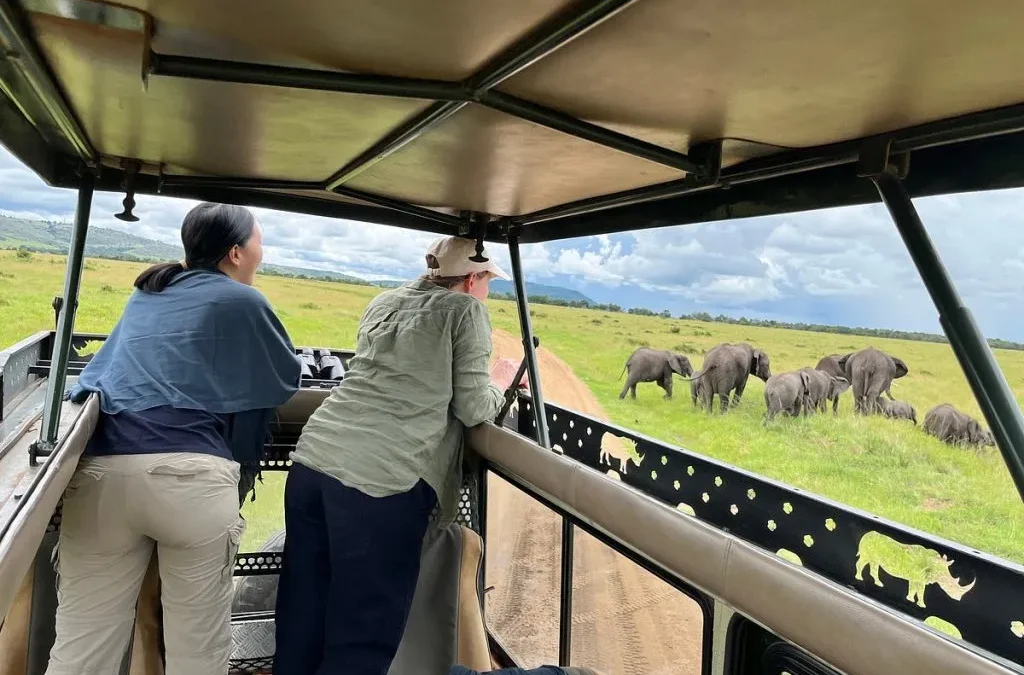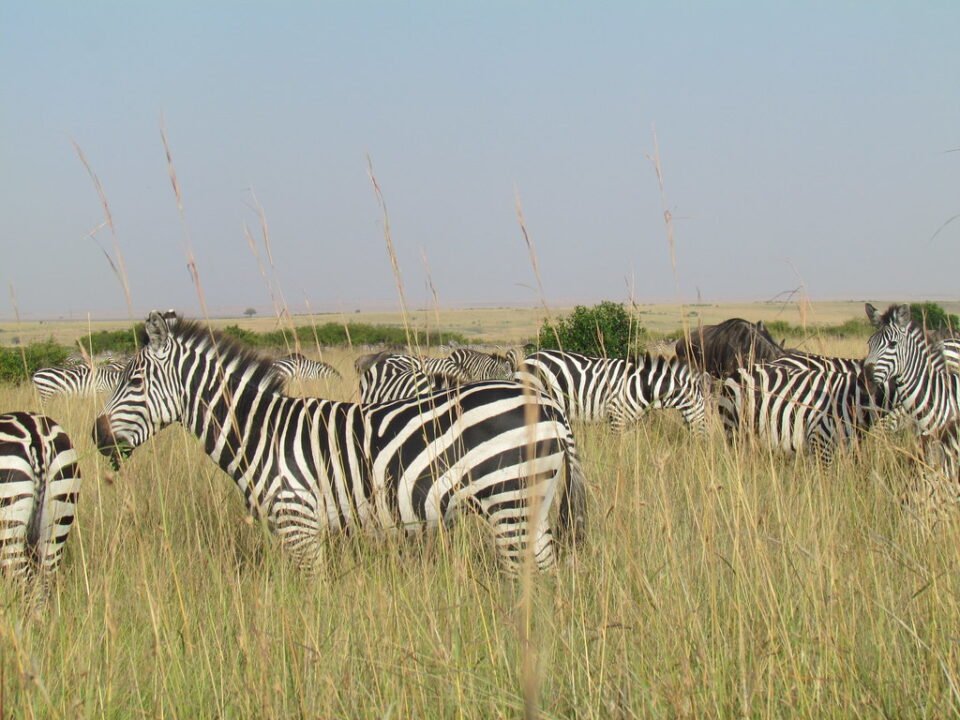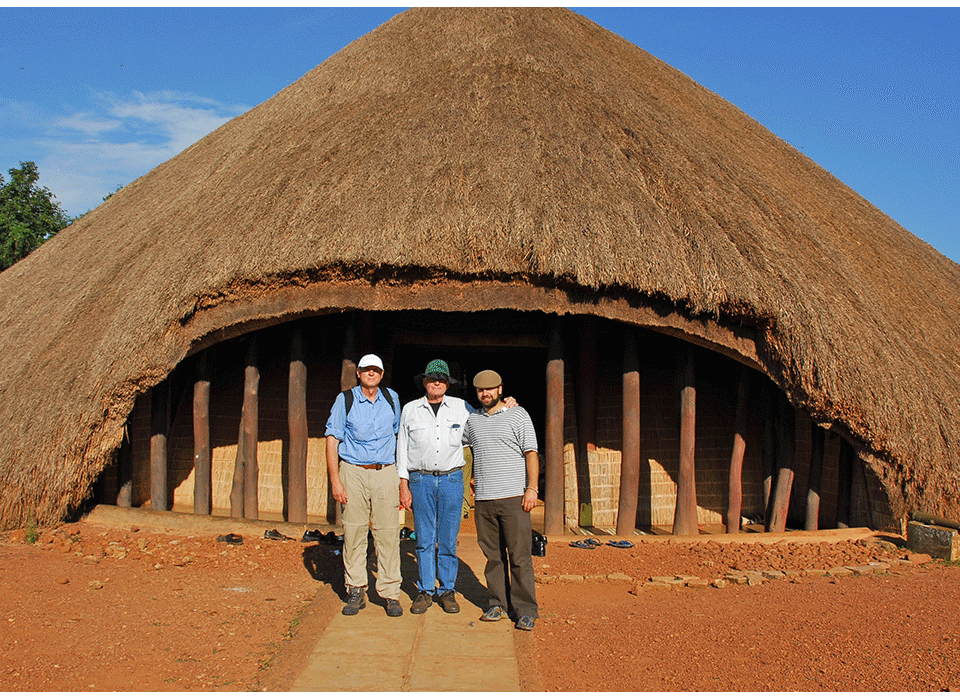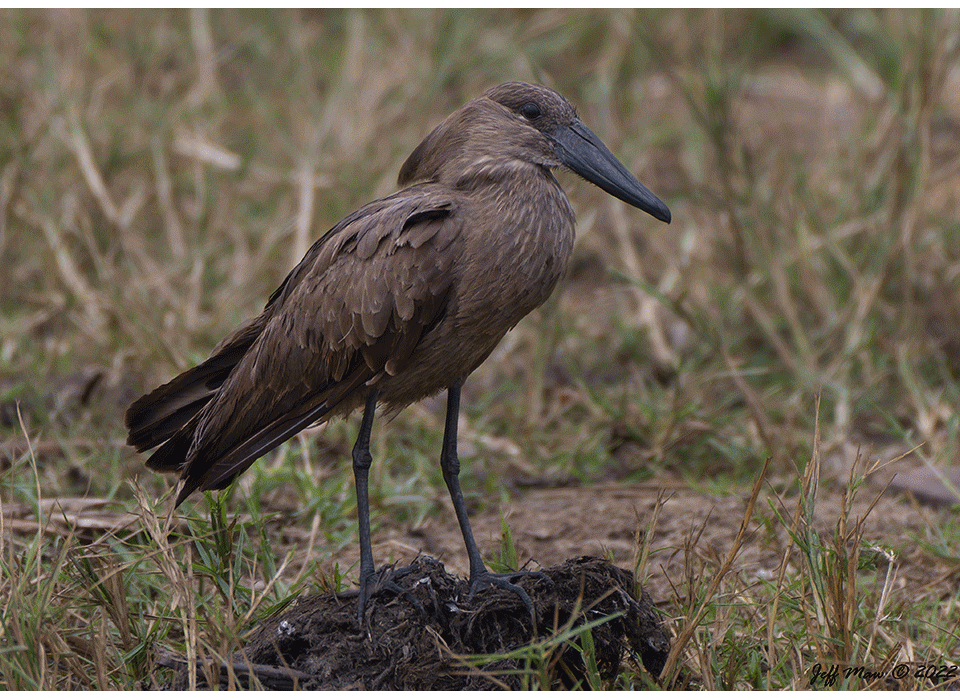
Is the East Africa Tourist Visa accepted in Kenya?
November 20, 2025
What currency is used in Kenya?
November 20, 2025How Safe Is It to Travel in Kenya?
For many travellers planning an African safari, the question of safety naturally comes up: How safe is it to travel in Kenya? As one of Africa’s most iconic destinations—home to the Maasai Mara, Amboseli, Tsavo, Samburu, the Great Rift Valley, and the stunning Kenyan coastline—Kenya welcomes hundreds of thousands of visitors every year. The vast majority enjoy trouble-free, unforgettable trips filled with wildlife encounters, cultural experiences, and breathtaking landscapes. Kenya is a country built around tourism, and safety is a top priority across its parks, airports, lodges, and travel providers.
Yet, like any global destination, Kenya comes with considerations travellers should be aware of. Safety depends not just on the country itself but also on how well you prepare, where you stay, and who organizes your travel. Understanding the real picture—based on current conditions, practical guidelines, regional variations, and the nature of safari travel—helps you make informed decisions and enjoy your adventure with confidence.
This detailed guide explores everything you need to know about safety in Kenya: from city travel and safari logistics to health precautions, transportation, cultural awareness, and how professional tour companies enhance your security.
Kenya’s Tourism Reputation and General Safety
Kenya is one of Africa’s leading tourism destinations and has been for decades. The country has established tourism infrastructure, experienced guides, well-trained park rangers, and a long history of hosting international guests from every corner of the world.
Key points that contribute to Kenya’s strong safety profile:
Highly developed safari industry
Well-maintained lodging and transport systems
Strong security in parks and reserves
Reliable domestic flight network
Tourism as a major national priority
Government and private operators invested in traveller safety
Millions of visitors come every year for safaris, business travel, birding, conferences, and beach holidays—and enjoy safe, memorable journeys.
Safety in Kenya’s National Parks and Conservancies
Safari destinations—where most travellers spend the majority of their trip—are extremely safe. These areas include the Maasai Mara, Amboseli, Samburu, Tsavo East and West, Lake Nakuru, Laikipia conservancies, Ol Pejeta, Meru National Park, and others.
Why parks are safe:
Park entrances are controlled and monitored
Wildlife areas are patrolled by armed rangers
Lodges and camps are secure and fenced or monitored
Guides are trained in safety protocols
Visitors move with experienced drivers who know animal behaviour
Wildlife interactions are carefully managed
Safari areas are among the safest environments you can be in Kenya, especially when you follow your guide’s instructions.
Wildlife Safety Considerations
The only potential danger in national parks is wildlife itself—but this risk is extremely low when you respect park rules:
Never leave your vehicle during game drives unless permitted
Keep safe distances from animals
Avoid walking alone at night in unfenced camps
Listen to your guides and camp staff
Lodges offer escorts at night, maintain strict safety boundaries, and are highly experienced in protecting guests from wildlife encounters.
Safety in Kenyan Cities: Nairobi, Mombasa, and Others
Like any major global city, Nairobi has safe areas and places best avoided. With awareness and guidance, travellers navigate these cities safely every day.
Safe Practices in Nairobi:
Use hotel or registered taxi services (Uber, Bolt, or private transfers)
Avoid walking alone after dark
Stay in reputable neighbourhoods such as:
Westlands
Karen
Gigiri
Lavington
Avoid displaying expensive jewellery or gear in crowded areas
Use your phone discreetly
Stay aware in markets, stations, and busy streets
Most travellers spend limited time in major cities—usually one night before or after a safari or beach holiday—and experience no issues.
Mombasa and other coastal cities follow similar precautions:
Stick to safe, tourist-friendly areas
Use hotel transfers
Avoid isolated zones at night
Stay in established beach resorts
Road Travel Safety
Kenya’s road network is significantly improved, but some routes can be busy or uneven. For safari travellers, road safety is greatly enhanced because:
Most safari operators use 4×4 vehicles
Guides are professionally trained for off-road terrain
Transfers are pre-arranged and monitored
Long-distance journeys can be replaced with domestic flights
Flying between parks (Mara–Amboseli, Samburu–Mara, Nairobi–coast) is extremely safe and widely used.
Self-driving is not recommended for first-time visitors due to navigation and terrain challenges. Using a reputable safari company ensures safe, comfortable travel at all times.
Air Travel Safety
Kenya has one of Africa’s most advanced aviation systems. Domestic airlines such as Safarilink, Air Kenya, Jambojet, and Fly748 follow international safety standards.
Bush flights:
Operate daily between parks
Use certified pilots
Follow strict safety protocols
Are extremely efficient and time-saving
Airports such as Nairobi’s Jomo Kenyatta International Airport (JKIA) and Wilson Airport have strong security, modern systems, and well-trained staff.
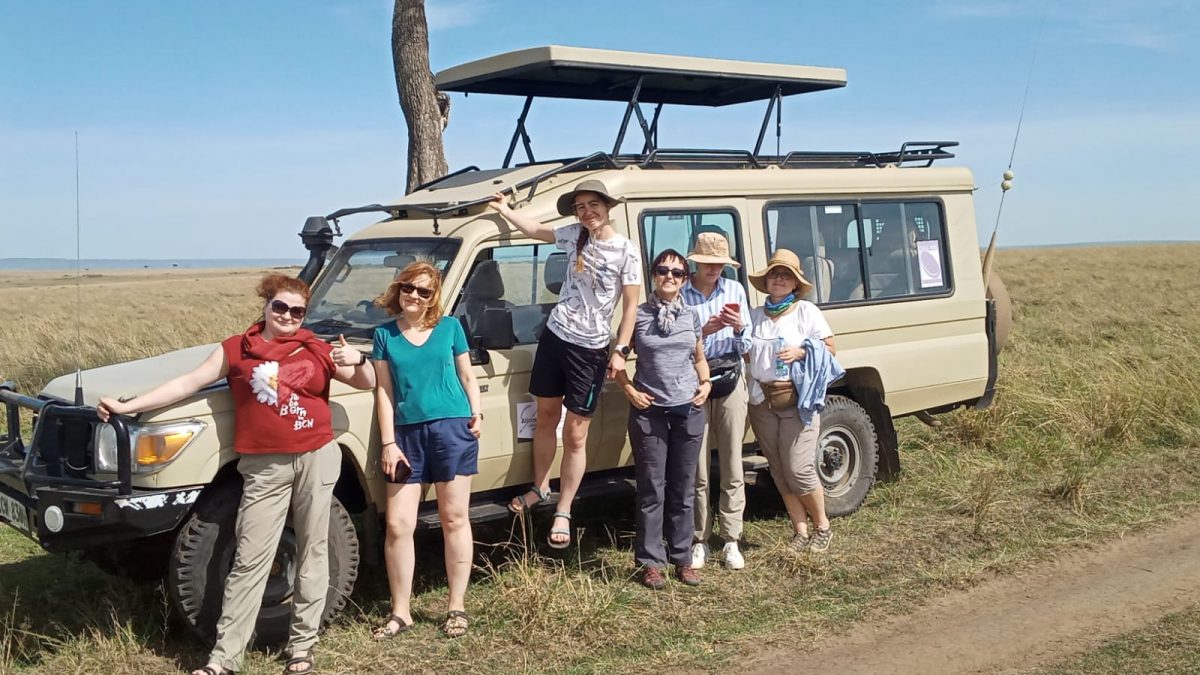 Health and Medical Safety
Health and Medical Safety
Health is an important part of travel safety. Kenya is a tropical country, so taking basic precautions ensures a smooth trip.
Vaccinations & Health Tips:
Yellow fever vaccination may be required depending on your origin
Malaria prophylaxis is recommended in safari areas
Use mosquito repellent especially at dusk
Drink bottled or purified water
Avoid street food in crowded urban areas
Carry basic medications
Safari lodges maintain high hygiene standards:
Filtered water for drinking
Clean, well-prepared meals
First-aid kits
Access to medical evacuation services if needed
Many visitors travel with no health issues whatsoever.
Cultural and Social Safety
Kenya is a friendly country with warm, welcoming people. Respecting local customs enhances your experience.
Safety through cultural awareness:
Greet people politely
Ask permission before photographing locals
Dress modestly in towns and villages
Avoid political gatherings or demonstrations
Respect community boundaries in traditional villages
Tourists are highly respected in Kenyan culture, and hospitality is central to daily life.
Common Questions About Safety in Kenya
Is Kenya safe for solo travellers?
Yes. Solo travellers frequently visit Kenya for safaris, beach trips, and cultural experiences. Booking through reputable operators ensures safe logistics and local support.
Is Kenya safe for families?
Absolutely. Kenya is one of the most family-friendly safari destinations with child-friendly lodges, tailored activities, and secure environments.
Is Kenya safe for women travellers?
Yes—many women travel solo or in groups. As long as you follow standard travel precautions in cities and rely on guided safaris, safety is very high.
Are safaris safe for seniors?
Yes. Safaris are low-impact and suitable for all ages. Camps are accessible, staff are supportive, and logistics can be customized to needs.
Factors That Enhance Safety Dramatically
Your safety in Kenya is heavily influenced by:
Choosing a reputable safari company
Staying in high-quality, vetted lodges
Using professional safari guides
Following basic travel precautions
Booking transfers rather than using public transport
Keeping important documents secure
Being aware in busy urban spaces
Most safety challenges arise when travellers:
Attempt self-navigation
Use unauthorized taxis
Stay in low-budget, unverified accommodations
Explore unsafe neighbourhoods without guidance
Booking your safari through professionals eliminates these risks entirely.
The Reality: Kenya Is Safe When You Travel Smart
Kenya is as safe as most major global tourist destinations.
For travellers on organized safaris, the experience is incredibly safe:
Crime in safari areas is almost nonexistent
Guides accompany you at every step
Lodges provide 24/7 security
Transportation is arranged by professionals
Most tourists spend 80–90% of their trip in protected, controlled environments
The combination of natural beauty, warm hospitality, well-trained professionals, and strong tourism infrastructure makes Kenya a rewarding, secure, and unforgettable destination.
Final Thoughts: Safety Should Not Stop You from Visiting Kenya
With proper planning, the right safari company, and awareness of your surroundings, a trip to Kenya is incredibly safe. Thousands of travellers—families, honeymooners, solo adventurers, photographers, and wildlife lovers—visit every month without incident. Kenya’s people, parks, and tourism industry go above and beyond to ensure visitors feel secure and welcomed.
If your dream is to witness lions at sunrise, elephants under Kilimanjaro, or the breathtaking serenity of the Maasai Mara, rest assured: you can do so with peace of mind.
Book Your Safari with Experiya Tour Company
For travellers seeking a safe, seamless, and expertly organized Kenyan safari, Experiya Tour Company provides world-class support and guidance from the moment you land. Their experienced team ensures secure transfers, trusted accommodations, professional guides, and comprehensive travel assistance—giving you peace of mind throughout your entire journey. Whether you’re planning a family safari, honeymoon, photography expedition, or multi-country adventure, trust Experiya Tour Company to deliver safety, comfort, and exceptional service.

